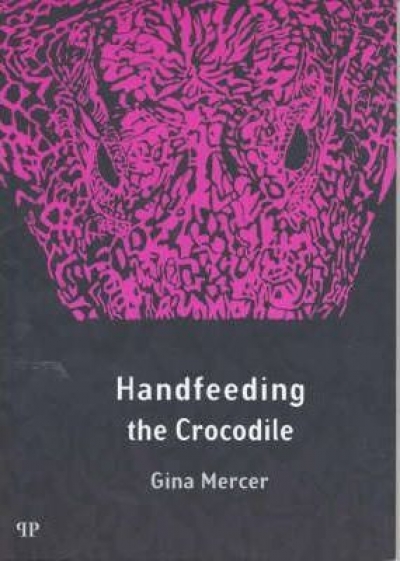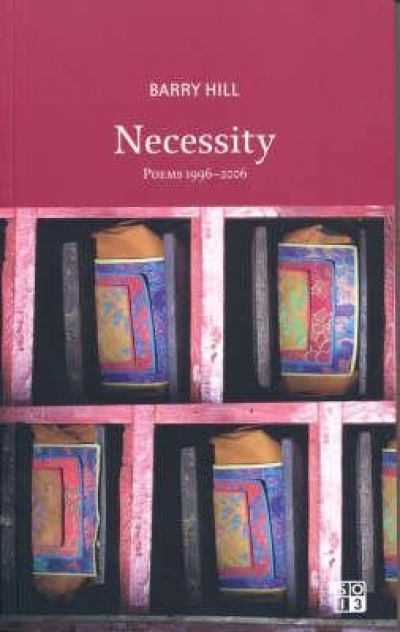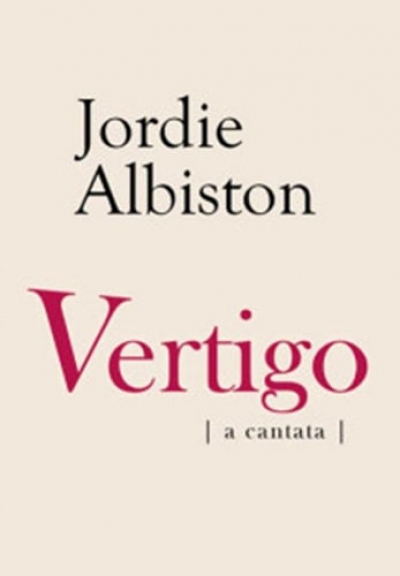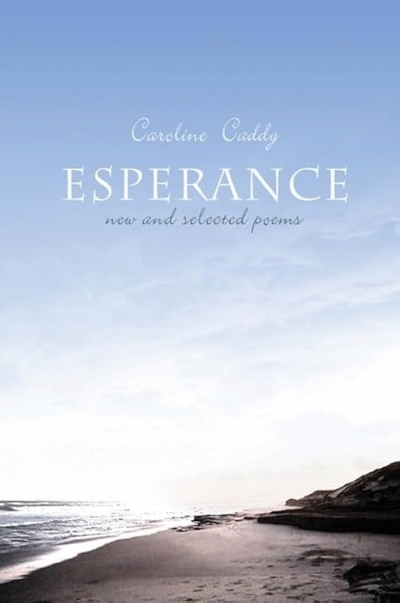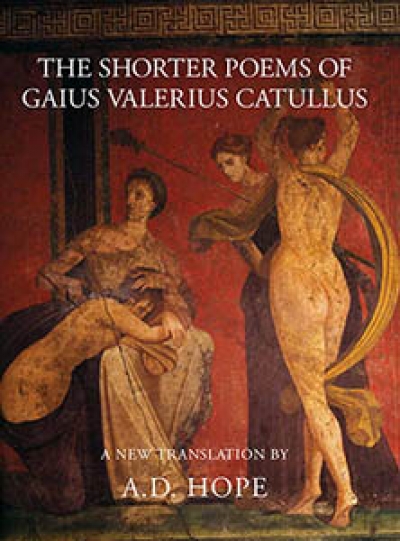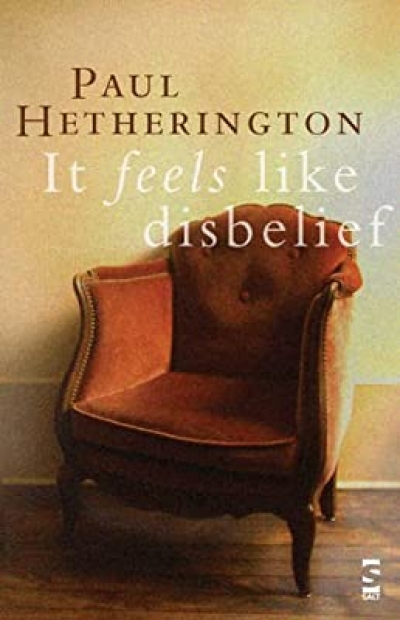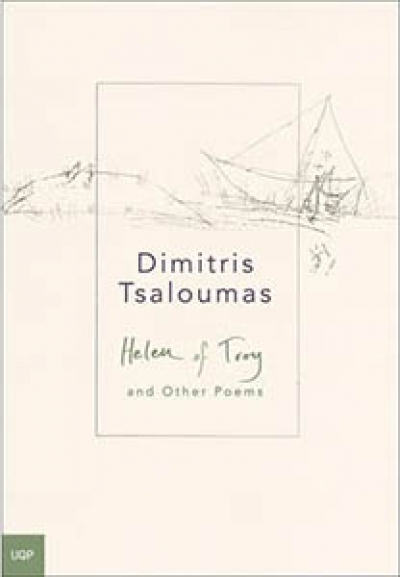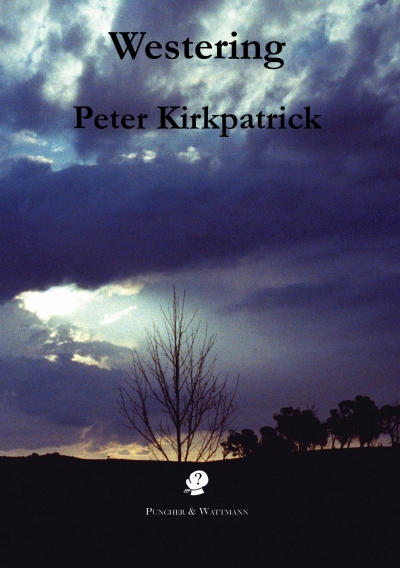Australian Poetry
Vertigo edited by Jordie Albiston & Awake Despite the Hour by Paul Mitchell
by David McCooey •
Blast: Poetry and other critical writing, issue 4 edited by Ann Nugent
by Steve Evans •
Listen, Lesbia!
Surely you can hear.
Shake off that silly hangover
while I part the curtains
just slightly.
The Shorter Poems of Gaius Valerius Catullus by Gaius Valerius Catullus, translated by A.D. Hope
by David Brooks •

